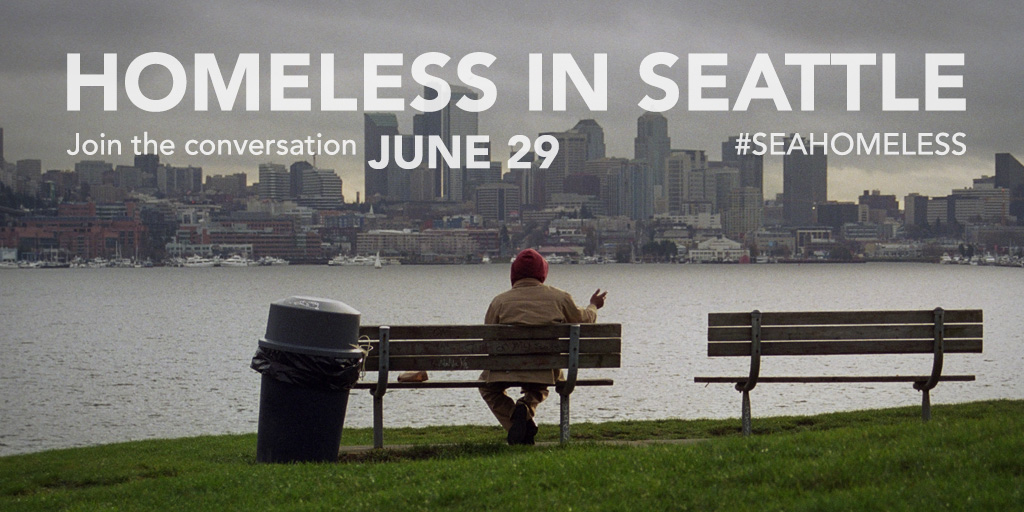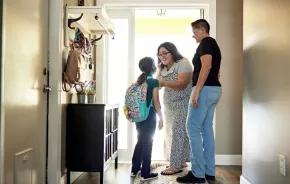
Editor's note: On June 29, 2016, ParentMap partnered with more than 15 Seattle media outlets, including Crosscut, KCTS9.org and The Seattle Times, to shine a spotlight on homelessness. Read a wrap-up of what happened.
For the estimated 4,000 Washington kids and young adults who are homeless, “school’s out for summer” often means that more than just homework is ending. It means that many youths’ consistent access to healthy food, provided through school-district meals and other school-based programs, is cut off.
That reality only gets scarier when you account for all the kids who, while not homeless, are food insecure: one in five for Western Washington, says Mark Coleman, marketing and communications director at local nonprofit Food Lifeline. The number is even larger — 230,000 children — if you account for all the kids who receive free and reduced meals during the school year.
What do kids do?
Many turn to services like Food Lifeline's Kids Cafe.
“Kids Cafe is what we see as the solution to feeding hungry children throughout Western Washington by providing access to free, healthy meals and snacks,” Dani Turk, director of community programs at Food Lifeline, told ParentMap last summer. “We look to find places that already provide enrichment activities for kids, so that they are being nourished with really good quality food in addition to having those activities that help them learn and grow.”
Such spots include Seattle Public Library (SPL). The Green Lake and Delridge SPL branches are two of the 18 current Kids Cafe locations available for this summer. All provide healthy meals and snacks to anyone 18 or younger in an area where more than half of the students qualify for free and reduced lunches at school.
“Everyone is invited in, no questions asked,” librarian Laurin Linscott told ParentMap last summer of her experience working with Kids Cafe. “No one is turned away.”
37 years and counting
Founded in 1979, Food Lifeline fights hunger by getting food from grocery stores, food processors and manufacturers to meal programs, food banks and shelters — places many homeless kids seek out, particularly during the summer.
In its latest incarnation, Kids Cafe has begun preparing all of its own meals so they're more “shelf-stable” (aka less likely to turn or spoil before they get to thier final destination). This makes it easier for Kids Cafe to expand into more rural areas, says Kids Cafe program coordinator Alexis Izor. In such spots, reliable refrigeration isn't always available.
That's important since need is only increasing. “Children,” Coleman says, “represent 33 percent of the clients we serve each year.” Add that to the list of statistics worth doing something about.
Read more from Nancy Schatz Alton











